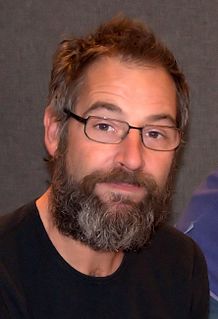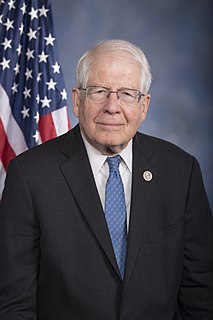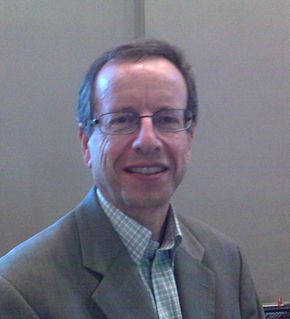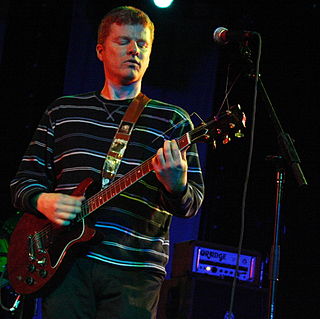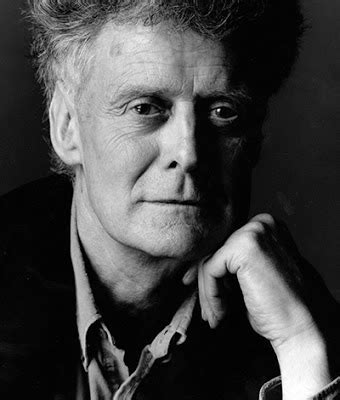A Quote by Jeremy Northam
I'd always liked the idea that drama acts at its best as a kind of arena for debate, not just about the thing itself, but also producing aesthetic, stylistic, political and moral discussions. The Jungian view would be that it affects all of our imaginations and somehow taps into our hidden, ancient, primordial memories.
Related Quotes
It should be apparent that the belief in objectivity in journalism, as in other professions, is not just a claim about what kind of knowledge is reliable. It is also a moral philosophy, a declaration of what kind of thinking one should engage in, in making moral decisions. It is, moreover, a political commitment, for it provides a guide to what groups one should acknowledge as relevant audiences for judging one's own thoughts and acts.
Public taste changes and the aesthetic of a culture changes over time, so the idea isn't to appeal to the aesthetic of the moment and what people will like right now; the idea is to somehow keep yourself in the public memory so that as taste evolves it will eventually come to embrace your thing. So, it's about writing to be remembered rather than writing to be liked.
When we cling to thoughts and memories, we are clinging to what cannot be grasped. When we touch these phantoms and let them go, we may discover a space, a break in the chatter, a glimpse of open sky. This is our birthright—the wisdom with which we were born, the vast unfolding display of primordial richness, primordial openness, primordial wisdom itself. When one thought has ended and another has not yet begun, we can rest in that space.
A whole lot of us go through life assuming that we are basically right, basically all the time, about basically everything: about our political and intellectual convictions, our religious and moral beliefs, our assessments of other people, our memories, our grasp of facts. As absurd as it sounds when we stop to think about it, our steady state seems to be one of unconsciously assuming that we are very close to omniscient.
We are somehow the children of the planet, we are somehow its finest hour; we bind time, we bind the past, we anticipate the future - we are going hyper-spatial; we are claiming a whole new dimension for biology that it never claimed before. We are actually becoming a fourth-dimensional kind of creature. Our future is somehow with us, as we seem to be able to move through metamorphosis into our own imaginations - a super civilization spread throughout space and time. Our future is a mystery, our destiny is to live in the imagination.
When we understand that we are a human race, what affects you affects me, what affects her affects you and so on and so on, then we'll look at this thing [HIV/AIDS] for what it really is. It's a disease that's out to kill all of us. What will make it continue is our prejudices, our ideas about it, and the fact that we don't look at ourselves as one giant community.
Sometimes I'm trying to communicate a feeling. Sometimes I can't piece it together into any kind of coherant thesis. I'm just trying to evoke some kind of mood, and put some kind of idea in somebody's head. If Marshall McLuhan or Harold Innis were looking at it, they would tell you that the genre of rock music isn't the best way to deliver a political message because it distorts it, it makes it into entertainment. Perhaps the best political message is just to speak it to somebody. I think that's something I'm always writing about in songs, just how to mediate, how to present something.
Virtue is as little to be acquired by learning as genius; nay, the idea is barren, and is only to be employed as an instrument, in the same way as genius in respect to art. It would be as foolish to expect that our moral and ethical systems would turn out virtuous, noble, and holy beings, as that our aesthetic systems would produce poets, painters, and musicians.
All of us , I believe , carry about in our heads places and landscapes we shall never forget because we have experienced such intensity of life there :places where, like the child that 'feels its life in every limb' in Wordsworth's poem'We are seven' ,our eyes have opened wider, and all our senses have somehow heightened.By way of returning the compliment , we accord these places that have given us such joy a special place in our memories and imaginations. They live on in us, wherever we may be, however far from them.
